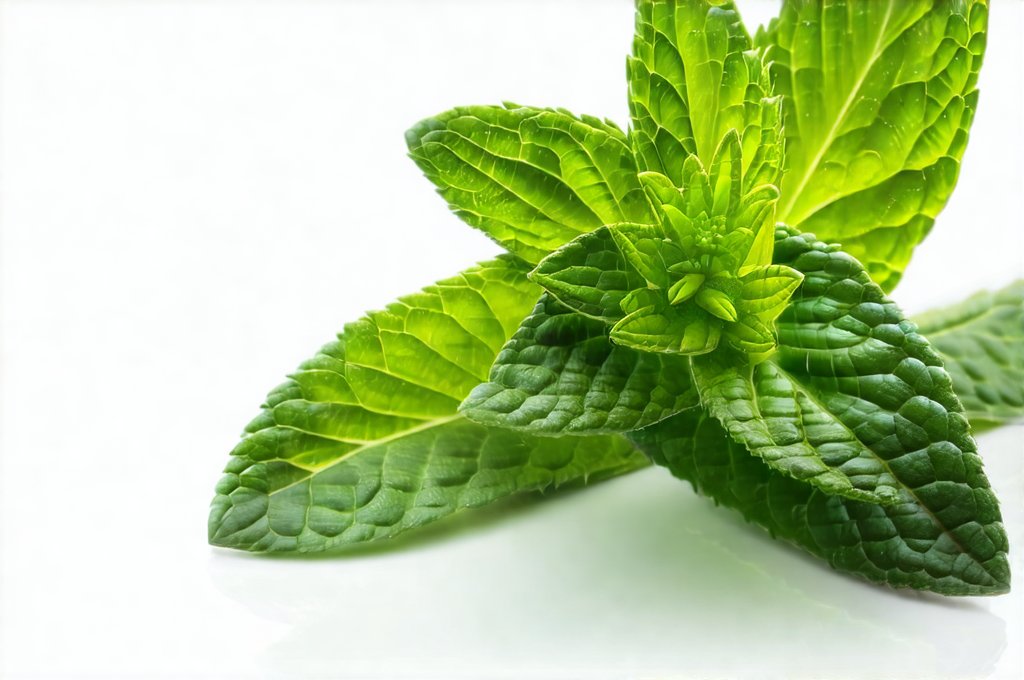Low-level bloating is an incredibly common experience, affecting a vast majority of people at some point in their lives. It’s rarely a sign of anything serious, often stemming from dietary choices, stress levels, hormonal fluctuations, or simply the natural processes of digestion. However, even though it’s typically not alarming, persistent or uncomfortable bloating can significantly impact quality of life. Many seek relief beyond conventional methods, exploring gentle and supportive approaches to ease digestive discomfort. This exploration focuses on how thoughtfully chosen herbal remedies might offer a complementary approach to managing these everyday occurrences, acknowledging that individual responses vary and professional medical guidance is always paramount.
Understanding the root causes of bloating is crucial when considering any support system, including herbal ones. Bloating isn’t necessarily about excess gas; it can also relate to fluid retention, intestinal motility issues (too fast or too slow digestion), or sensitivity to certain foods. Identifying personal triggers – whether it’s lactose intolerance, gluten sensitivity, or a diet lacking in fiber – is the first step towards effective management. Herbal support, then, isn’t about curing bloating, but rather assisting the body’s natural processes and addressing underlying imbalances that contribute to it. It’s important to remember that herbs are powerful substances and should be approached with respect and informed knowledge; self-treating serious conditions or ignoring persistent symptoms is never advisable. Consider how you eat seasonally for optimal digestive health.
Digestive Soothing Herbs
Many herbs possess properties that can gently support digestion, easing discomfort associated with low-level bloating. These aren’t quick fixes, but rather tools to promote healthy digestive function over time. Ginger, for example, has been used for centuries as a carminative – meaning it helps reduce gas and bloating – and also possesses anti-inflammatory properties that can soothe the gut lining. Similarly, peppermint is well-known for its ability to relax intestinal muscles, relieving spasms and promoting the passage of gas. These herbs work by influencing both the physical processes of digestion and potentially reducing inflammation or tension within the digestive tract.
Chamomile tea isn’t just a relaxing bedtime beverage; it also offers mild digestive support. Its calming effect extends beyond the nervous system to soothe the muscles of the gut, reducing cramping and bloating. Fennel seeds, often chewed after meals in some cultures, contain anethole, which has carminative and antispasmodic properties. The key with these herbs is consistency – incorporating them regularly as part of a holistic approach can yield more significant results than relying on them only when symptoms arise. A small amount consistently used may prove far more effective than large doses taken sporadically. If you struggle with food sensitivities, explore nutritional support options to help manage your diet.
Consider the form in which you consume these herbs too. Teas are gentle and hydrating, while tinctures offer a concentrated dose. Capsules provide convenience, but absorption rates might vary. Experimenting to find what works best for your body is essential. Remember, herbal support isn’t about masking symptoms; it’s about nurturing the digestive system towards greater resilience and balance. You can also explore best herbal teas for additional support.
Addressing Gas & Flatulence
Gas and flatulence are often closely linked to bloating, and several herbs can specifically target these issues. Caraway seeds, traditionally used in European cuisine, are potent carminatives that help dispel gas from the digestive tract. They work by relaxing the intestinal muscles allowing for smoother passage of gas. You can chew a small amount of caraway seeds after meals or incorporate them into your cooking. Similarly, anise shares similar properties to caraway and has been used traditionally for relieving bloating and indigestion.
- Chewing on a teaspoon of fennel seeds after a meal can significantly reduce gas production.
- Adding a pinch of ginger powder to your tea or food can aid digestion and minimize gas build-up.
- Incorporating herbs like dill into your diet, particularly with foods known to cause gas (beans, broccoli), can help mitigate discomfort.
It’s important to note that excessive gas can sometimes indicate an underlying issue such as Small Intestinal Bacterial Overgrowth (SIBO). If you experience persistent and severe bloating accompanied by other symptoms like diarrhea or abdominal pain, consult a healthcare professional for proper diagnosis and treatment. Herbal support should never replace medical intervention when necessary. For those recovering from antibiotics, pancreatic support can also play a role in digestive health.
Supporting Gut Motility
Bloating can result from both slow and rapid gut motility—either way disrupting the digestive process. Some herbs can help regulate these processes, promoting healthy movement within the intestines. Artichoke leaf extract has been shown to stimulate bile production, aiding in the digestion of fats and potentially improving gut motility. It’s important to note that individuals with gallbladder issues should exercise caution when using artichoke leaf.
Another herb gaining attention is triphala, a traditional Ayurvedic formulation combining three fruits: amla, bibhitaki, and haritaki. Triphala is known for its gentle detoxifying and digestive properties, helping to balance the gut microbiome and promote regular bowel movements. This can prevent stagnation which contributes to bloating. Remember that hydration plays a vital role in gut motility; drinking enough water throughout the day is crucial. Prioritize lifestyle shifts for long term health and wellbeing.
- Combine herbal support with lifestyle modifications like regular exercise, stress management techniques (yoga, meditation), and mindful eating practices.
- Consider incorporating probiotic-rich foods into your diet to nurture a healthy gut microbiome, which can influence digestion and reduce bloating.
- Pay attention to food sensitivities and eliminate potential triggers from your diet.
Calming the Digestive System
Stress significantly impacts digestive health, often exacerbating bloating symptoms. Herbs with calming properties can help mitigate these effects. Lemon balm is known for its ability to reduce stress and anxiety, indirectly supporting healthy digestion by calming the nervous system. A stressed digestive system tends to be more reactive and prone to spasms, leading to discomfort.
Lavender, while primarily associated with relaxation, also possesses mild anti-inflammatory properties that can soothe the gut lining. Using lavender essential oil in aromatherapy or enjoying a cup of lavender tea may help ease tension and promote digestive calm. It is critical to remember, however, never ingest essential oils without guidance from a qualified aromatherapist or healthcare professional. If facing serious health issues, understanding hospice care options can also be beneficial.
- Practice mindful eating techniques: slow down, chew your food thoroughly, and pay attention to your body’s signals of fullness.
- Incorporate stress-reducing activities into your daily routine: yoga, meditation, deep breathing exercises, or spending time in nature.
- Consider incorporating adaptogenic herbs like ashwagandha (under professional guidance) which can help the body better manage stress and improve resilience.
It’s essential to reiterate that this information is for general knowledge and informational purposes only, and does not constitute medical advice. Always consult with a qualified healthcare professional before starting any new herbal remedies or making changes to your health regimen. Individual responses to herbs vary, and what works for one person may not work for another. Prioritizing personalized care and seeking expert guidance are the cornerstones of safe and effective herbal support.


















